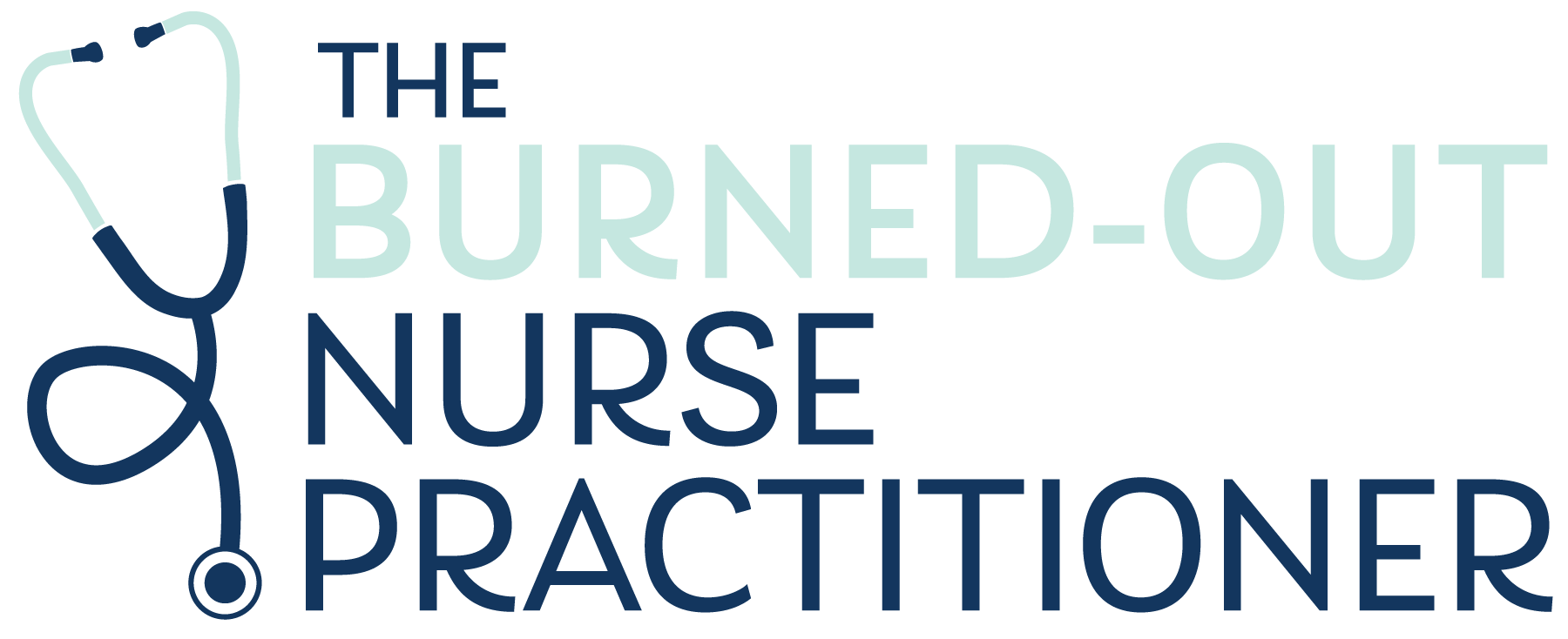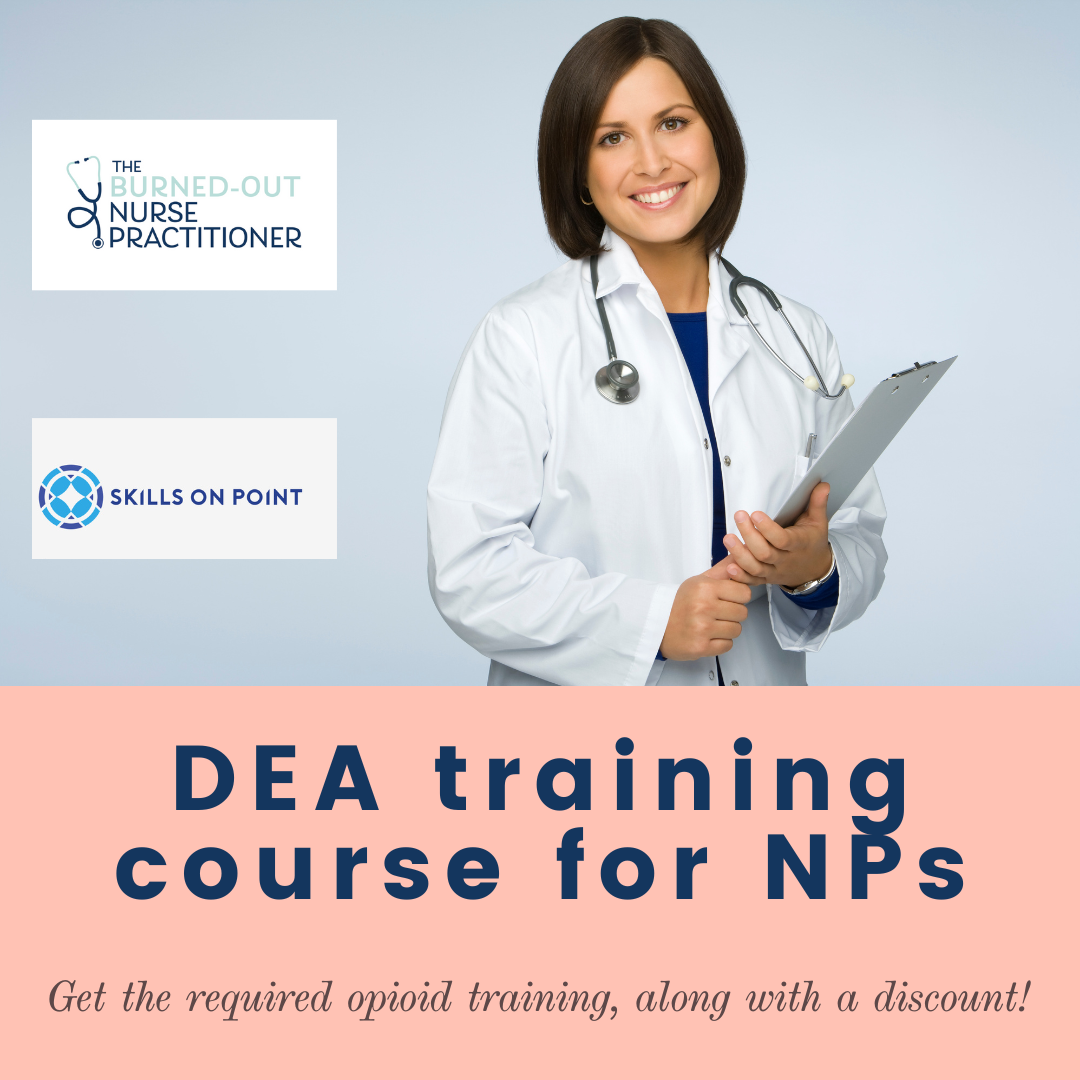Get your DEA training course for nurse practitioners!
The opioid epidemic in the United States has reached alarming proportions, claiming countless lives and devastating communities. In response to this crisis, various regulatory agencies and healthcare organizations have implemented measures to curb opioid misuse and abuse.
One such initiative is the Drug Enforcement Administration’s (DEA) requirement for prescribing nurse practitioners to complete opioid training.
In this post, we will delve into the specifics of the new requirements and why to complete a DEA training course for nurse practitioners. We will also look at the importance of a DEA training course for nurse practitioners and how these requirements impact both healthcare professionals and patients. Let’s begin our journey into this crucial aspect of modern healthcare.
Understanding the opioid epidemic
Before we explore the new requirements to complete a DEA training course for nurse practitioners, it’s essential to grasp the gravity of the opioid epidemic in the United States. As APRNs know, opioids are a class of drugs that include prescription pain relievers such as oxycodone, hydrocodone, and morphine, as well as the illegal drug heroin. These substances are highly addictive and can lead to severe health consequences, including overdose and death.
The opioid epidemic emerged as a result of various factors, including the overprescribing of opioid pain medications, the proliferation of illegal opioids like heroin and fentanyl, and the lack of comprehensive addiction treatment resources. According to the Centers for Disease Control and Prevention (CDC), more than 500,000 people have died from opioid overdoses between 1999 and 2019.
To combat this crisis, healthcare providers must play a pivotal role in responsible opioid prescribing and the prevention of opioid misuse. This is where the new requirements of completion of a DEA training course for nurse practitioners.
DEA’s role in opioid regulation
The Drug Enforcement Administration, commonly referred to as the DEA, is a federal agency responsible for enforcing controlled substances laws and regulations in the United States. The DEA plays a critical role in regulating prescription medications, including opioids, to prevent their diversion to the illicit market and minimize the potential for misuse.
Historically, the DEA has established strict regulations surrounding the prescribing and dispensing of controlled substances, particularly opioids. These regulations aim to strike a balance between ensuring patients have access to necessary pain relief while preventing opioid misuse and abuse.
Given the escalating opioid crisis, the DEA has taken steps to further strengthen its oversight of opioid prescribing. One significant measure is the requirement for completion of a DEA training course for nurse practitioners.
New DEA Requirements for Nurse Practitioners
The DEA’s new requirements for nurse practitioners (and any provider prescribing controlled substances) are designed to enhance their understanding of opioid prescribing and equip them with the knowledge and skills needed to make informed decisions when prescribing these powerful medications. These requirements are outlined in the Controlled Substances Act (CSA) and include the following key components:
Mandatory opioid training.
Nurse practitioners who wish to obtain or renew their DEA registration for prescribing controlled substances, including opioids, must complete a mandatory DEA training course for nurse practitioners. This training is designed to educate healthcare professionals about the risks and benefits of opioid therapy, appropriate patient selection, safe prescribing practices, and the identification and management of opioid use disorder.
Accredited programs.
The DEA specifies that opioid training programs must be accredited and cover a comprehensive curriculum that meets their standards. Accredited programs often include topics such as pain management, opioid pharmacology, risk assessment, and overdose prevention.
Continuing education.
In addition to initial training, nurse practitioners are required to engage in ongoing education on opioid-related topics. This continuing education ensures that healthcare professionals stay up-to-date with the latest developments in opioid prescribing and addiction management.
Prescribing limits.
The DEA has set limits on the quantity and duration of opioid prescriptions for acute pain. Nurse practitioners are expected to adhere to these limits to minimize the risk of opioid misuse and overdose.
Enhanced recordkeeping.
Nurse practitioners are required to maintain detailed records of opioid prescriptions, including patient information, the reason for prescribing, dosage, and duration. This enhanced recordkeeping helps track opioid distribution and detect potential misuse.
Collaboration and communication.
The DEA encourages nurse practitioners to collaborate with other healthcare providers, including pharmacists and addiction specialists, to ensure comprehensive care for patients receiving opioid therapy. Effective communication is essential to coordinated care and preventing opioid-related complications.
Rationale behind the DEA’s requirements
The new requirements for completion of a DEA training course for nurse practitioners may appear stringent, but they are grounded in a compelling rationale. These requirements aim to achieve several crucial objectives:
Improved patient safety.
By equipping nurse practitioners with comprehensive opioid training, the DEA aims to enhance patient safety. Healthcare professionals who are well-informed about opioid prescribing are better prepared to make evidence-based decisions, reducing the risk of adverse outcomes such as overdose or addiction.
Reduction of opioid diversion.
Opioid diversion occurs when prescription opioids are illegally sold or distributed to individuals without a legitimate medical need. By regulating healthcare providers’ prescribing practices, the DEA seeks to curb this illicit activity and limit the supply of opioids on the black market.
Prevention of opioid overprescribing.
Overprescribing of opioids has been a contributing factor to the opioid epidemic. The DEA’s requirements set prescribing limits and promote responsible opioid use, preventing excessive opioid exposure for patients.
Identification and treatment of opioid use disorder.
Opioid use disorder is a medical condition that requires specialized treatment. Opioid training within a DEA training course for nurse practitioners includes education on recognizing the signs of opioid use disorder and connecting affected individuals with appropriate care and resources.
Alignment with best practices.
The DEA’s requirements align with evolving best practices in pain management and opioid prescribing. They reflect a commitment to evidence-based medicine and responsible healthcare delivery.
Importance of opioid training for nurse practitioners
Opioid training for nurse practitioners is essential for several reasons:
Ensuring competence.
Opioids are potent medications with a high potential for harm when not prescribed judiciously. Proper training ensures that nurse practitioners are competent in assessing patients, determining appropriate opioid therapy, and monitoring for potential complications.
Reducing stigma.
The opioid epidemic has been accompanied by stigma surrounding addiction and those affected by it. Opioid training fosters a compassionate and informed approach to patients with pain or opioid use disorder, reducing stigma and promoting patient-centered care.
Enhancing patient-provider communication.
Adequate training equips nurse practitioners with the skills to communicate effectively with patients about the risks and benefits of opioid therapy. Clear communication fosters informed decision-making and strengthens the patient-provider relationship.
Meeting regulatory requirements.
Compliance with DEA requirements is necessary for nurse practitioners to maintain their DEA registration and continue prescribing controlled substances. Failure to meet these requirements can result in legal and professional consequences.
Contributing to public health.
Nurse practitioners play a crucial role in public health. By responsibly prescribing opioids and addressing opioid use disorder, they contribute to the broader effort to combat the opioid epidemic and save lives.
Impact on nurse practitioners
The new requirements for completion of a DEA training course for nurse practitioners have a significant impact on APRNs, both personally and professionally:
Educational commitment.
Nurse practitioners must invest time and resources in completing accredited opioid training programs and continuing education. This commitment reflects their dedication to providing high-quality care.
Increased responsibility.
With specialized training, nurse practitioners take on greater responsibility for opioid prescribing. They are expected to adhere to stringent guidelines to ensure patient safety and regulatory compliance.
Enhanced professionalism.
Compliance with new requirements of completion of a DEA training course for nurse practitioners enhances the professionalism and credibility of APRNs. It demonstrates their commitment to evidence-based practice and responsible prescribing.
Potential practice changes.
Some nurse practitioners may need to adjust their practice patterns to align with the new requirements. This may involve changes in patient assessments, prescribing practices, and recordkeeping.
Impact on patients
Ultimately, the primary beneficiaries of the DEA’s requirements for nurse practitioners are the patients:
Safer opioid prescribing.
Patients can have greater confidence that their nurse practitioner is well-trained in opioid prescribing, reducing the risk of receiving inappropriate or excessive opioid therapy.
Improved access to addiction services.
Nurse practitioners who receive opioid training are better equipped to identify and refer patients with opioid use disorder to appropriate treatment services, increasing access to essential care.
Enhanced informed consent.
Patients are more likely to receive clear and comprehensive information about the risks and benefits of opioid therapy, enabling them to make informed decisions about their treatment.
Reduced stigma.
Patients with pain or opioid use disorder may experience reduced stigma and discrimination when interacting with APRNs who have undergone a DEA training course for nurse practitioners.
Better coordinated care.
Collaboration between nurse practitioners, other healthcare providers, pharmacists, and addiction specialists can result in more coordinated and effective care for patients receiving opioids.
The opioid epidemic is a complex and devastating public health crisis that demands a multifaceted response. The DEA’s requirements for completion of a DEA training course for nurse practitioners represent a crucial step in ensuring responsible opioid prescribing, reducing opioid misuse, and promoting patient safety.
While these requirements impose educational and regulatory responsibilities on nurse practitioners, they also empower them to make informed decisions, provide compassionate care, and contribute to the broader effort to combat the opioid epidemic.
By equipping nurse practitioners with the knowledge and skills needed to navigate the complexities of opioid prescribing, we can move closer to a healthcare system that prioritizes patient safety, reduces stigma, and saves lives in the face of this formidable crisis.
DEA training course for nurse practitioners
If you are needing to complete the required training check out Skills on Point DEA training course for nurse practitioners.
The course is titled: Opioid Prescription and Substance Abuse Education. This online course will satisfy the required training set by the DEA.
Feel free to use The Burned-out NP’s affiliate discount code: BONP10 for 10% off.
Visit Opioid Prescription and Substance Abuse Education to get your required training done!

For time management and charting tips, check out The Nurse Practitioner Charting School– The one stop for all documentation resources created specifically for nurse practitioners. Learn more at www.npchartingschool.com

**Full disclosure, this blog post may include affiliate links. I do receive a commission if any of the affiliate programs/services/supplies are purchased. This is at no extra cost to you but does allow me to continue to provide content as The Burned-out Nurse Practitioner! Thank you!




